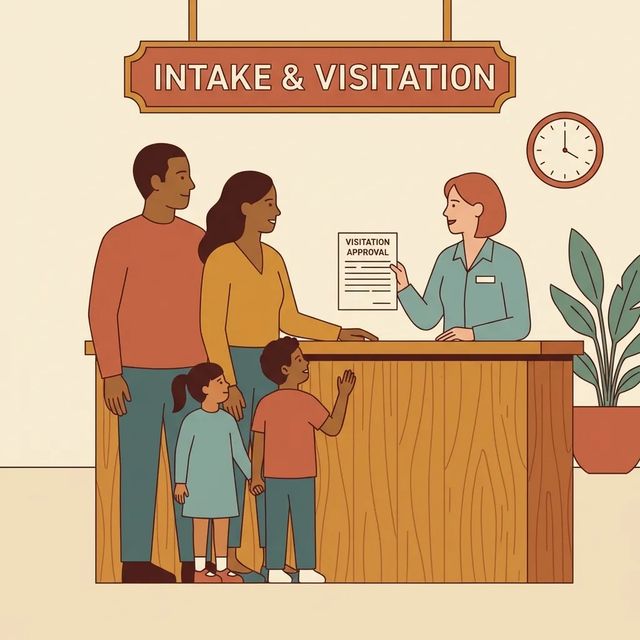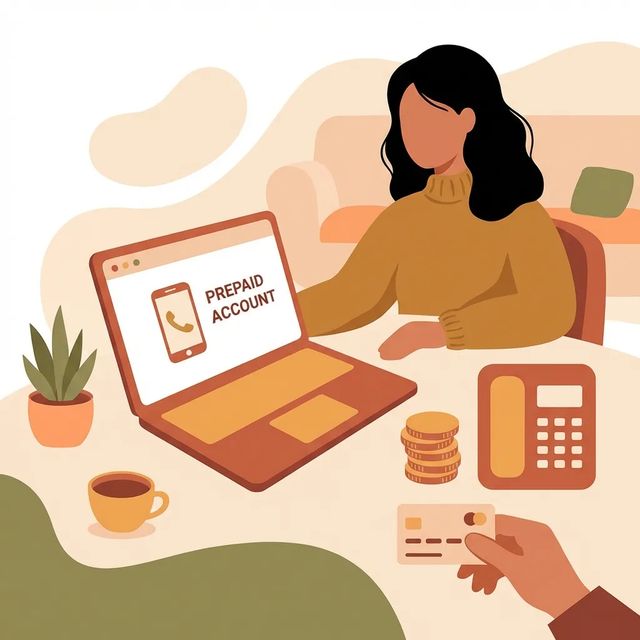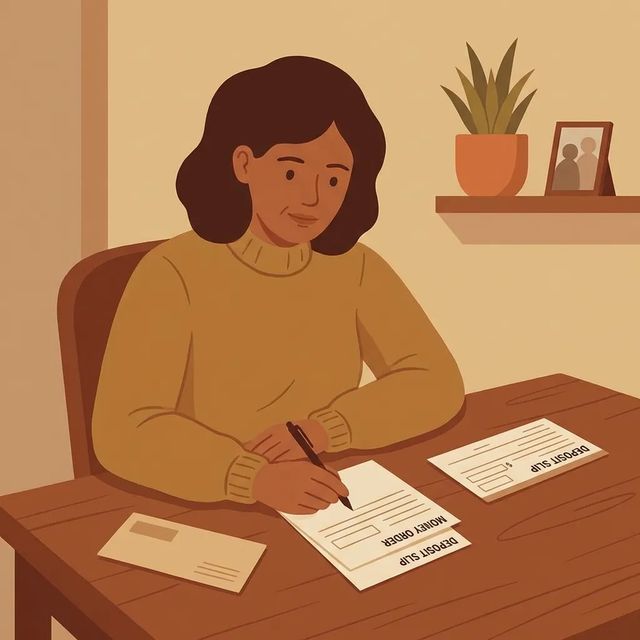Central Florida Reception Center
Explore
Find an Inmate at Central Florida Reception Center
Search for a loved one and send messages and photos in minutes.

Guides for This Facility

How to Visit Central Florida Reception Center (FL)
Visiting at Central Florida Reception Center starts with one key step: getting approved first. Once you're approved, plan around the facility's weekend visiting hours (and double-check the time zone before you travel).
Read Guide
How to Contact an Inmate at Central Florida Reception Center (FL)
Staying in touch usually starts with phone calls. At Central Florida Reception Center, calls run through a prepaid account system. Knowing who sets it up and what to expect each week will save you time and frustration.
Read Guide
How to Send Money to Central Florida Reception Center (FL)
At Central Florida Reception Center, money orders go through JPay. Two things matter most: writing the payee correctly and mailing it to the right JPay PO box.
Read GuideAt a Glance
Visitation
- Do not visit until your visitation application is approved; only one application per person is allowed.
- Anyone 12 years of age or older who wants to visit must complete the visitation application; leaving blanks or giving false information can lead to denial or criminal consequences.
- Visitors 16 or older must present a valid photo ID and are required to wear shirts and shoes; removable-part footwear like Heelys and military-style camouflage are prohibited.
Communication
- GTL/ConnectNetwork provides one free phone call of up to 5 minutes per week for every incarcerated individual under the contract.
- Calls within the North American Dialing Plan are billed at $0.135 per minute under the GTL contract.
- Individual calls are allowed up to 30 minutes with a 30-minute waiting period between completed calls.
Sending Money
- Money orders must be made payable to JPay and may include the inmate name and ID on the memo line.
- Mail money orders and the vendor deposit slip to JPay at PO Box 260010, Hollywood, FL 33026.
- You must be on the inmate’s Approved Visitors List to send money via money order.
Based on official sources and community feedback.Learn how we verify
Topic Overviews
Visitation
Before planning a trip to Central Florida Reception Center, wait until you're notified that your visitation application has been approved. Only one application is allowed per person, and anyone age 12 or older must complete the form fully. Leaving blanks or giving false information can lead to denial and possible criminal consequences. Visitors age 16 and older must present a valid photo ID to enter the visiting area. Dress rules are strict: shirts and shoes are required, footwear with removable parts (such as Heelys) and military-style camouflage are prohibited, and dresses, skirts, or Bermuda-length shorts more than three inches above the knee are not allowed. You and your belongings can be searched. Allowed items are limited to one vehicle key, one photo ID, limited feminine hygiene products, and small baby items for authorized children. You may bring up to $50 in specified cash for vending only. Prescription meds must be in original labeled containers (no mixed containers or needles/syringes).
Read full guideCommunication
Central Florida Reception Center uses GTL/ConnectNetwork for phone services. Each incarcerated individual gets one free phone call per week, limited to 5 minutes. Regular calls within the North American Dialing Plan cost $0.135 per minute, and calls can run up to 30 minutes. There's a required 30-minute waiting period between completed calls. If you want to receive calls, ConnectNetwork's AdvancePay is a prepaid option that you manage and fund so the incarcerated person can place outgoing calls to your number. For questions about Florida Department of Corrections phone services through ConnectNetwork or GTL, customer support is available 24/7 at 866-732-9098.
Read full guideSending Money
Sending money to someone at Central Florida Reception Center by mail? Use a money order made payable to JPay, and add the inmate's name and ID on the memo line so it posts to the right account. Mail the money order and the vendor deposit slip to JPay at PO Box 260010, Hollywood, FL 33026. You must be on the inmate's Approved Visitors List, and you'll need to include a copy of the sender's photo ID (driver's license, state ID, or passport). JPay doesn't charge a fee for money orders, cashier's checks, or certified bank drafts, and approved money orders are processed within 10 business days after receipt. If you need help with the form, call JPay at 800-574-5729. Other deposit options may be available; check vendor instructions for details.
Read full guideCommon Questions
Showing 6 of 10Do I need approval before visiting Central Florida Reception Center?
Yes. Wait to travel until you are notified that your visitation application has been approved. Only one application is allowed per person, and anyone 12 or older must complete it with no blanks; false or misleading information can lead to denial and possible criminal consequences.
VisitationWhat can I bring into a visit at Central Florida Reception Center?
You may bring one vehicle key, one photo ID card, and limited feminine hygiene products. If you have an authorized infant or child, small amounts of diapers, bottles, sipper cups, and sealed baby food are allowed, plus up to $50 in specified cash for vending only (you cannot give money to inmates). Prescription medications must be in the original labeled container in the needed dosage. Mixed-medication containers and needles/syringes are not allowed.
VisitationWhat are the ID and dress code rules for visitors?
Visitors age 16 or older must show a valid photo ID to enter the visiting area. Shirts and shoes are required, and footwear with removable parts (like Heelys) is not allowed. Military-style camouflage is prohibited, along with dresses, skirts, or Bermuda-length shorts more than three inches above the knee.
VisitationHow much do phone calls from Central Florida Reception Center cost?
Calls within the North American Dialing Plan cost $0.135 per minute under the GTL contract.
CommunicationDoes Central Florida Reception Center offer any free phone calls?
Yes. GTL/ConnectNetwork provides one free phone call of up to 5 minutes per incarcerated individual each week.
CommunicationHow long can an inmate talk on the phone and is there a waiting period between calls?
Calls may last up to 30 minutes, and a 30-minute waiting period is required between completed calls.
CommunicationMore Guides
Ready to Connect?
Search for your loved one to start communicating today
Did You Know?
Don't plan a visit until the inmate lets you know their visitation application has been approved.
This guide is based on feedback from 89 families and official facility documentation. Learn how we verify
